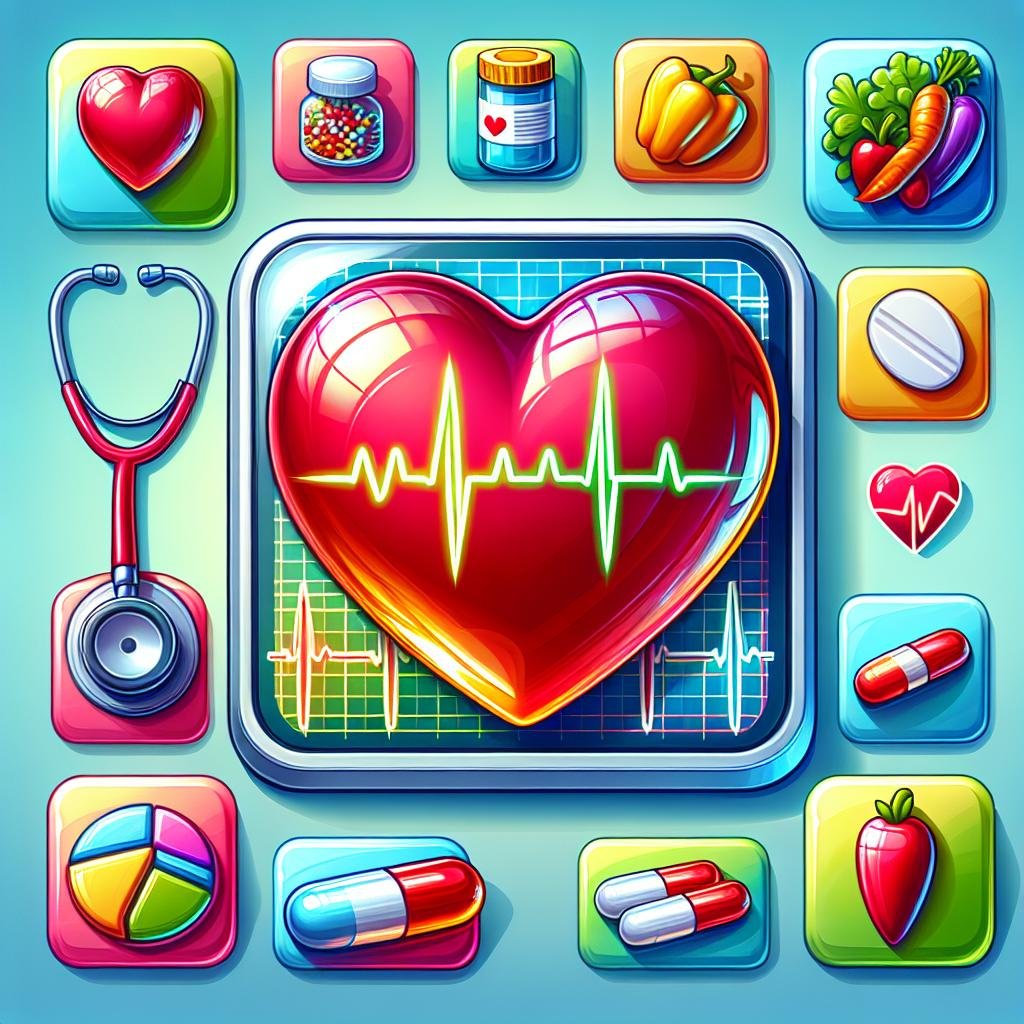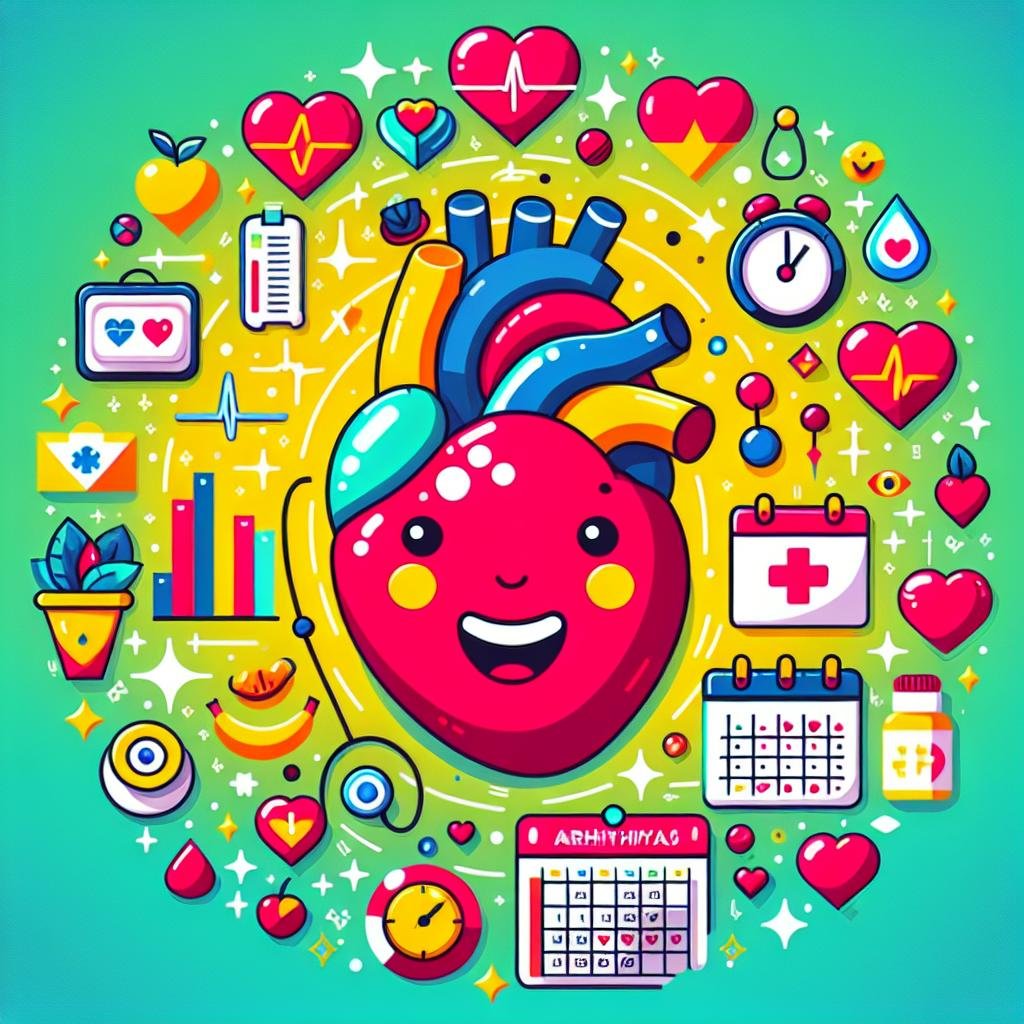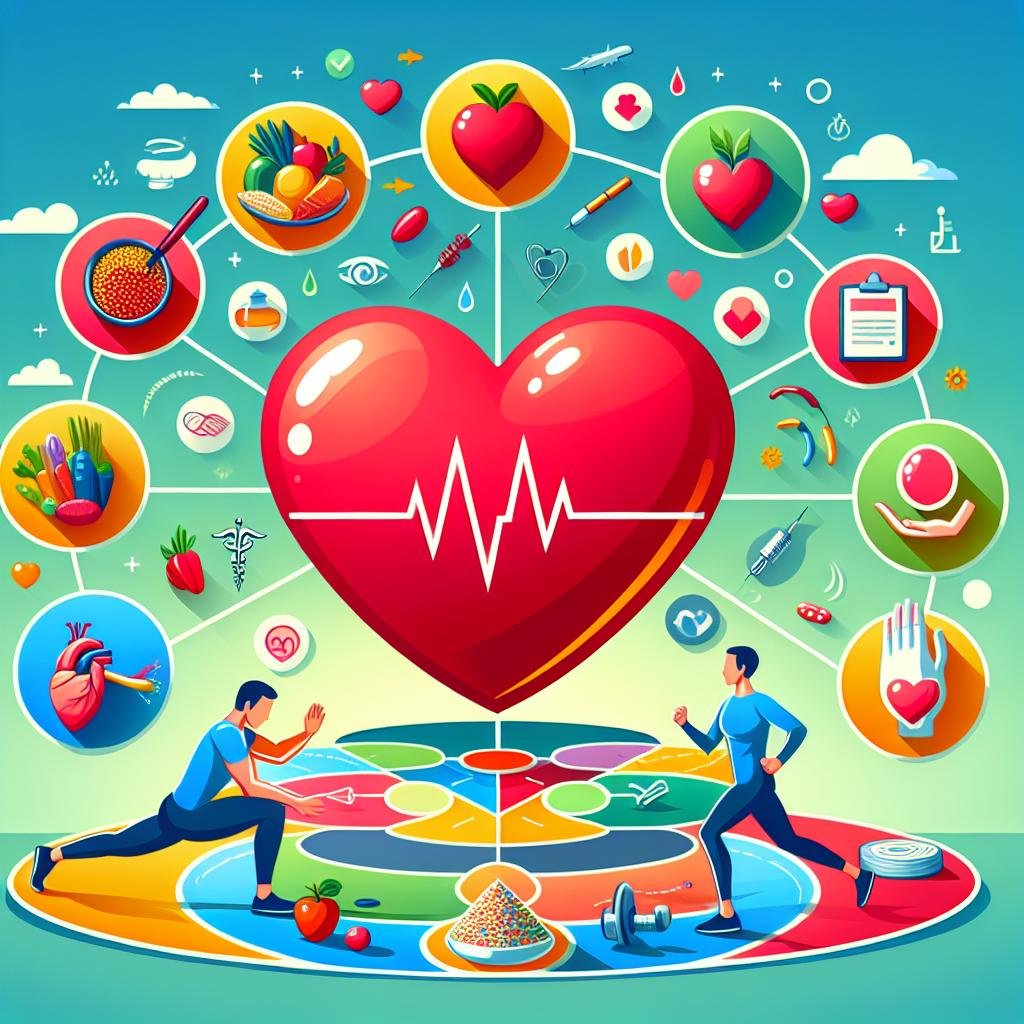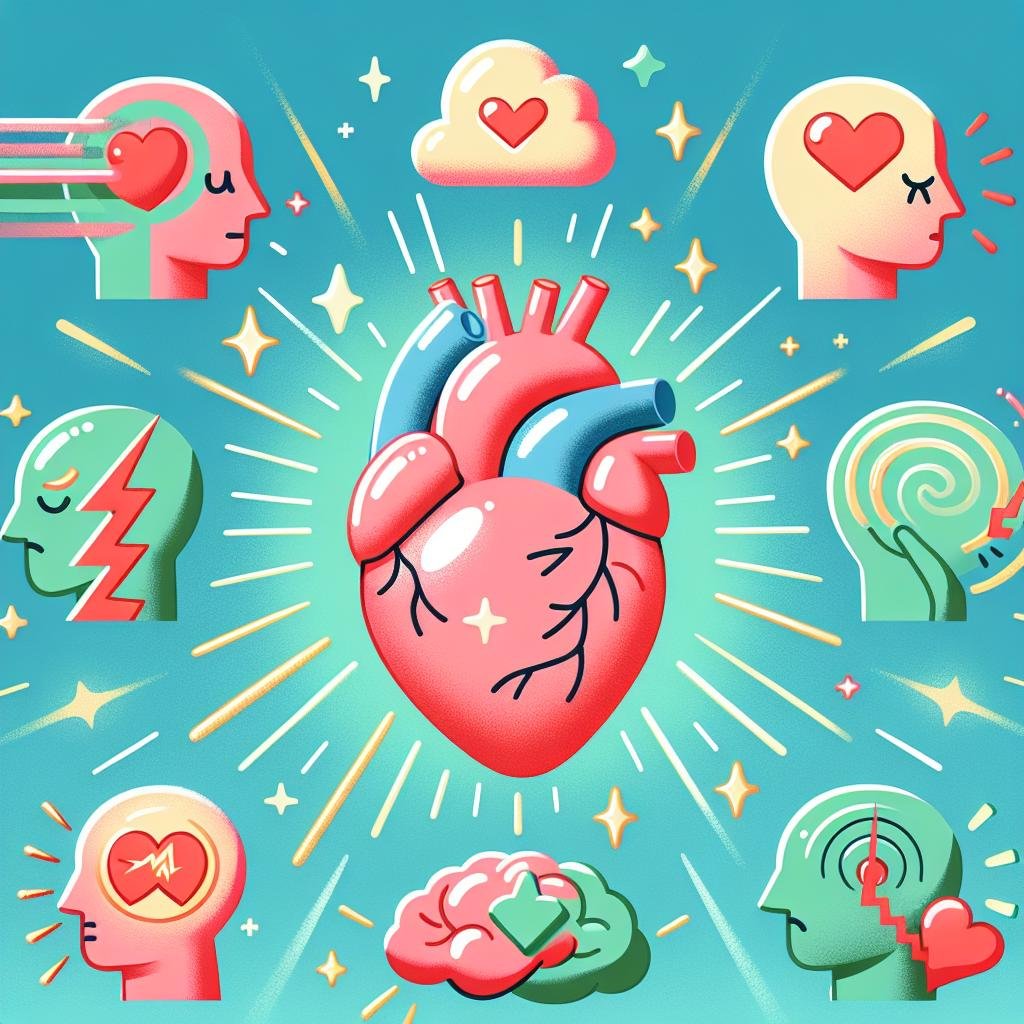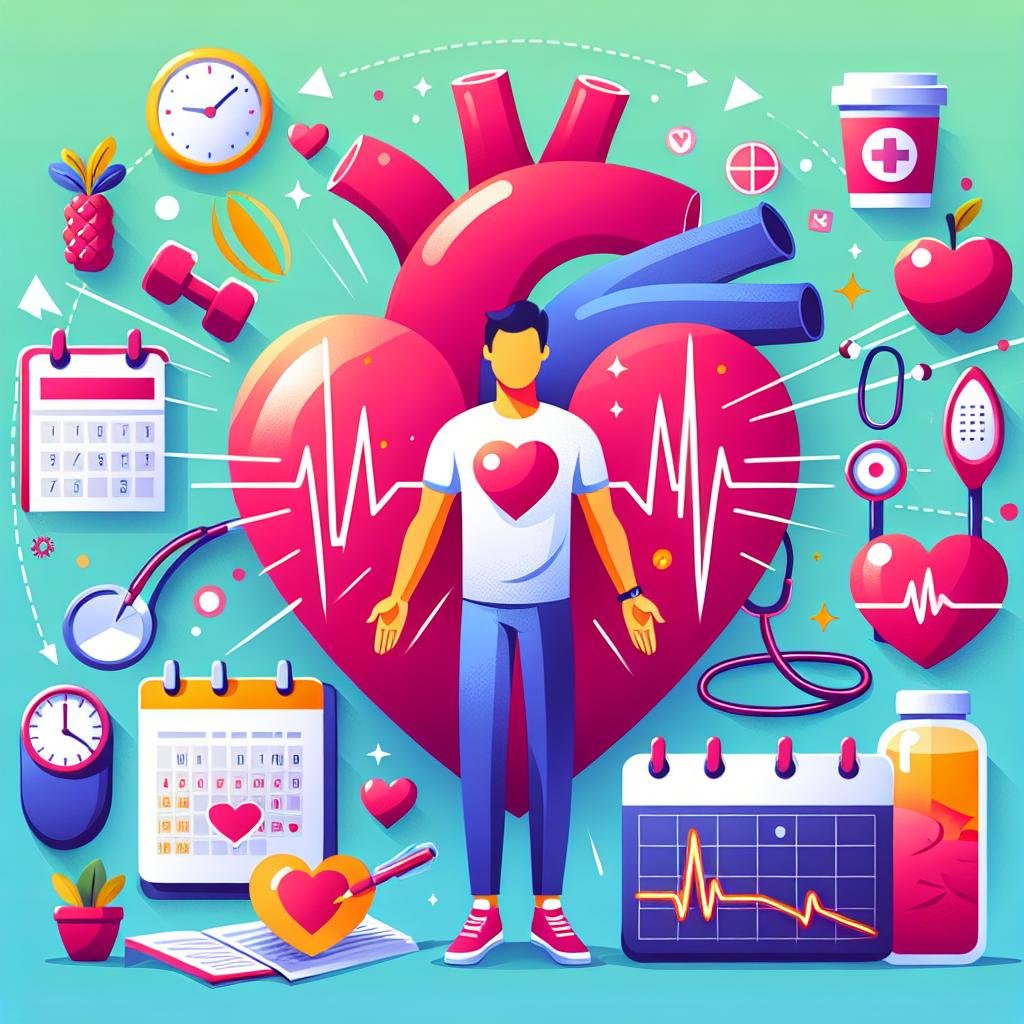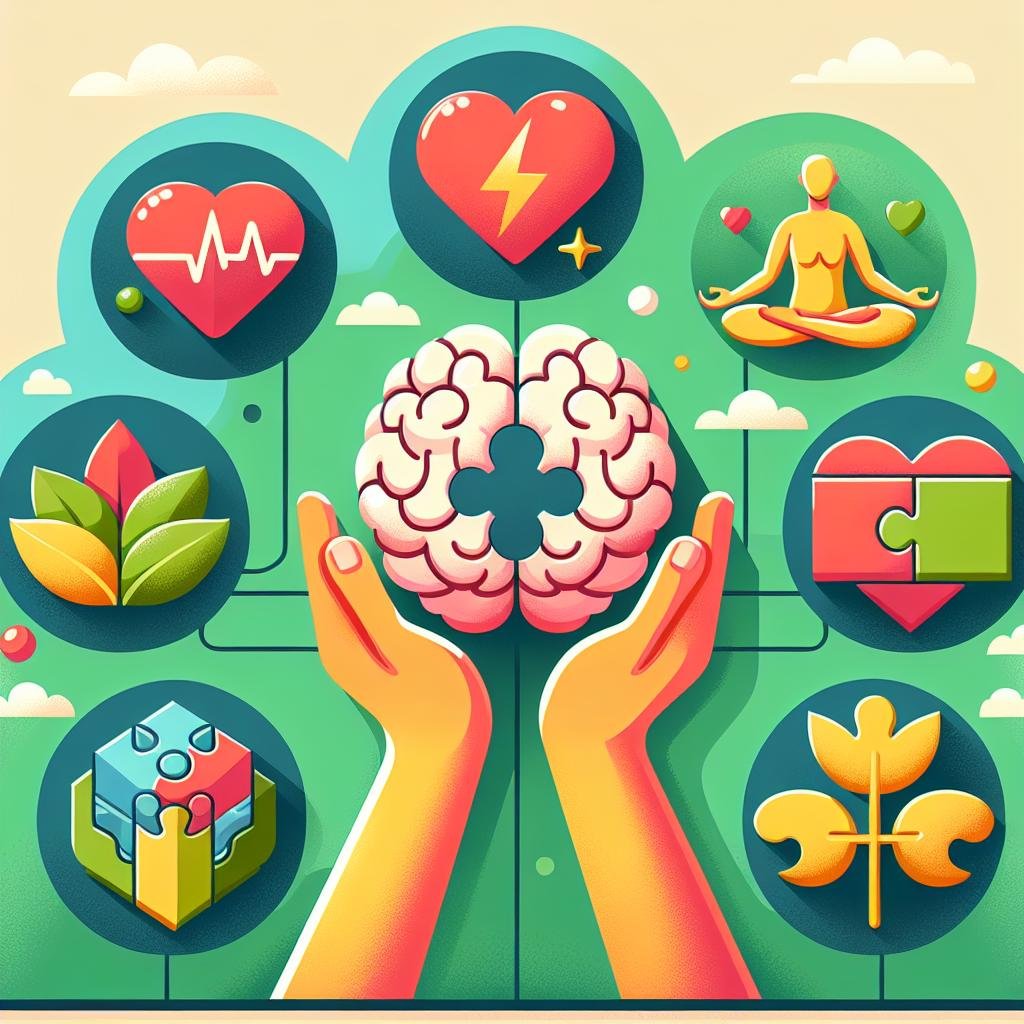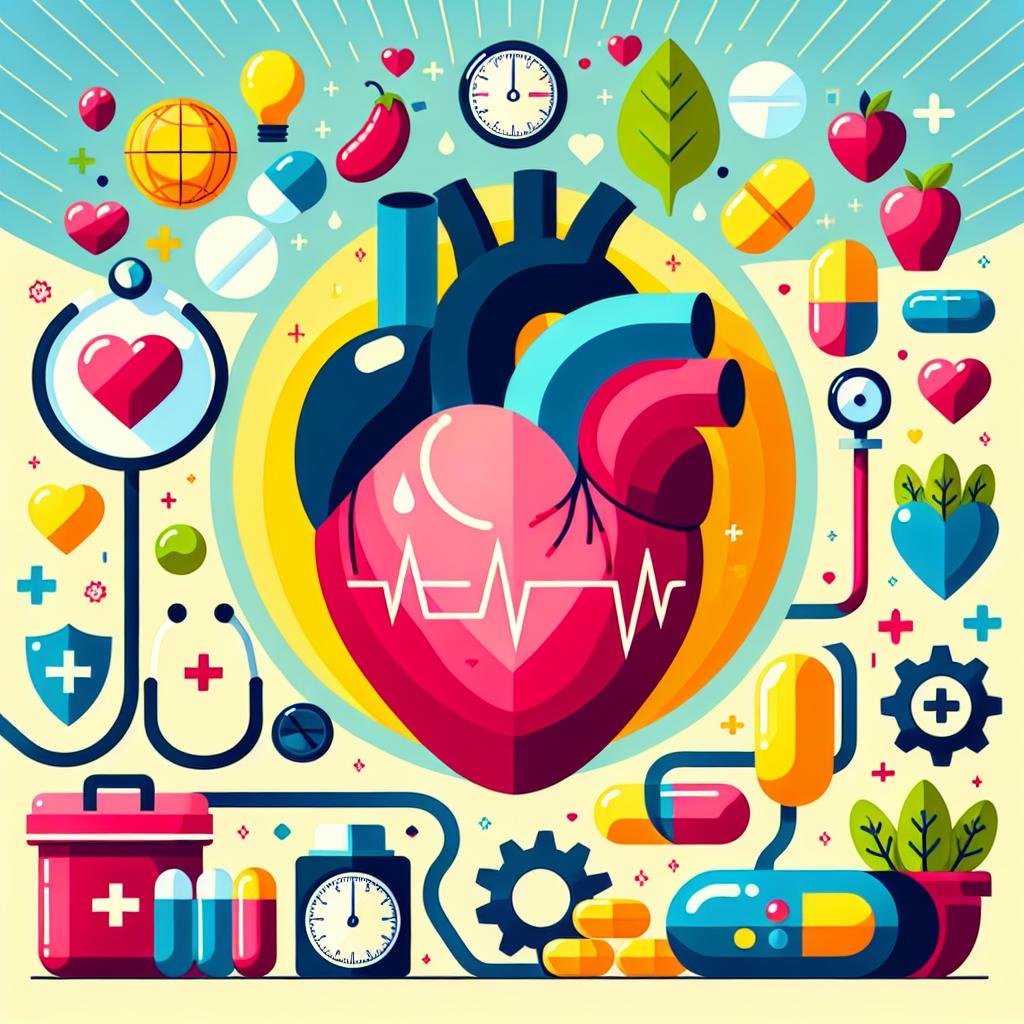Understanding Atrial Fibrillation – Causes, Symptoms, and Diagnosis
Introduction Atrial fibrillation, commonly known as AFib or AF, is a widespread heart problem that affects many people around the world. This condition occurs when the heart’s upper chambers, called the atria, beat irregularly and often too fast. As a result, the heart can’t pump blood effectively, which can lead to serious health issues. One […]
Understanding Atrial Fibrillation – Causes, Symptoms, and Diagnosis Read More »
